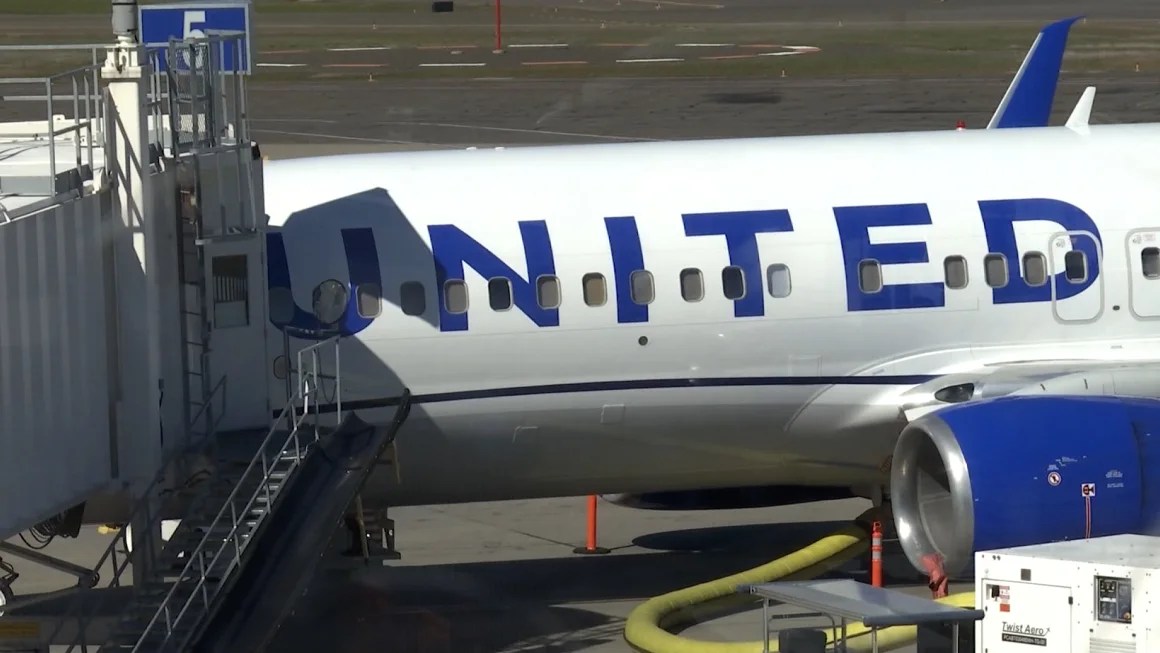United States Bans Attorney General for Involvement in Ortega Murillo Dictatorship

This Thursday, March 21, the United States Treasury Department sanctioned the Attorney General of Nicaragua, Wendy Carolina Morales Urbina, for complicity in the dictatorship of Daniel Ortega and his wife and co-ruler, Rosario Murillo.
Also read: Here are the Ortega officials who have been sanctioned since 2017
“The Attorney General of Nicaragua, in concert with the Ortega-Murillo regime, has abused his position to facilitate a coordinated campaign to suppress dissent by seizing property from political opponents of the government without legal basis,” said the Treasury’s Undersecretary for Terrorism. and Financial Intelligence, Brian Nelson.


Wendy Carolina Morales Urbina was appointed by Ortega to the position of Attorney General of the Republic of Nicaragua on May 10, 2019.
Loyal to the dictatorship of Daniel Ortega
The US shows its responsibility in the theft of assets of independent media, NGOs and political prisoners. In his role, Morales proves to be loyal to Urbina’s “Ortega-Murillo regime. He has great power under her protection to determine who gets the properties.”
“On several occasions Morales Urbina appeared in his official capacity at several private buildings, presenting deeds to the new owners and declaring that the properties were now intended for public use,” the Treasury Department said.
Also Read: More complaints about non-compliance with US sanctions
Through the Attorney General’s Office, the dictatorship has confiscated the properties of thousands of NGOs, as well as all the properties of 222 political prisoners deported from Nicaragua. “Morales Urbina was key in devising a strategy to designate members of the Nicaraguan opposition as terrorists and block their financial resources using existing anti-terrorism laws,” the sanction document says.
Effects and Scope of Restrictions
The sanctions mean that all properties and interests owned by sanctioned persons (or owned or controlled by US persons) located in the United States “shall be blocked and must be reported to OFAC (Office of Foreign Assets Control).”
In addition, financial institutions and other persons who engage in certain transactions or activities with approved entities and persons may be subject to sanctions or enforcement actions. Prohibitions include making any contribution or provision of funds, goods or services by or for the benefit of any designated person or receiving any contribution or provision of funds, goods or services from any such person.
Other approved
Attorney Wendy Morales joins a list of nearly fifty people sanctioned by the United States since 2017, mostly for being responsible for serious human rights violations, the breakdown of democratic institutions, and acts of corruption.
Others sanctioned by the United States are the country’s vice president-elect, Rosario Murillo Zambrana, and Ortega’s wife, who are also sanctioned by Canada, the EU, the United Kingdom and Switzerland.
Ortega and Murillo’s four children: Rafael Ortega Murillo, Loreno Ortega Murillo, Juan Carlos Ortega Murillo and Camila Ortega Murillo are also approved.
The list also includes senior officers of the National Police, who are accused of ordering the crackdown on Nicaraguans; as well as the President and Deputies of the National Assembly; Magistrates of the Supreme Electoral Council (CSE) and Magistrates of the Supreme Court of Justice (CSJ).
In addition to the authorities, four institutions are sanctioned: the National Police, the Ministry of Public Affairs, the Supreme Electoral Council (CSE) and the Nicaraguan Institute of Telecommunications and Postal Services (Telcor).
Since the start of a police crackdown on civil protests in Nicaragua in 2018, the United States has led international pressure efforts to find a civilian solution to the crisis of Daniel Ortega’s dictatorship and to stop the repression of Nicaraguan critics and protesters.

:quality(85)/cloudfront-us-east-1.images.arcpublishing.com/infobae/PDCNV43OZZDDTDNLDXECDG3VLM.png)



:quality(85)/cloudfront-us-east-1.images.arcpublishing.com/infobae/TDW6HS3GUBEDPIHUSTSXJAMYAE.jpg)